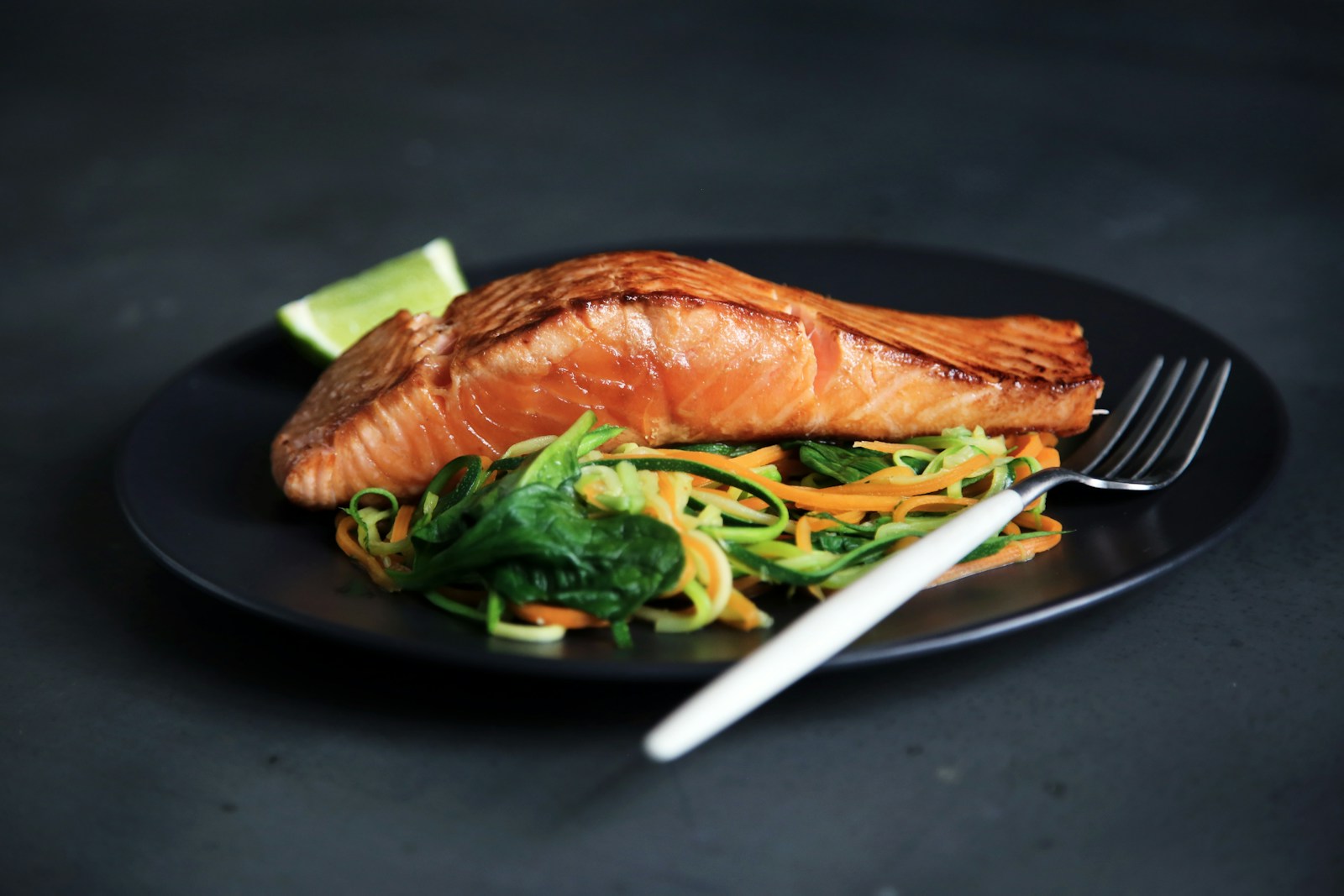Chronic inflammation is linked to numerous health issues, including heart disease, diabetes, and autoimmune disorders. Fortunately, your diet can play a powerful role in reducing inflammation and improving overall well-being. This guide explores the best foods to include—and avoid—for an anti-inflammatory lifestyle.
Understanding Inflammation and Its Impact on Health
Inflammation is your body’s natural response to injury or illness. While acute inflammation is essential for healing, chronic inflammation can harm your body over time. Key contributors include:
- Poor Diet: High consumption of processed foods and refined sugars.
- Stress: Prolonged stress can trigger inflammatory responses.
- Sedentary Lifestyle: Lack of movement exacerbates inflammation.
Reducing inflammation through diet is a sustainable, long-term approach to preventing chronic diseases and improving quality of life.
Anti-Inflammatory Foods to Embrace
The following foods are rich in antioxidants, vitamins, and healthy fats, all of which combat inflammation.
Fruits and Vegetables
- Berries: Blueberries, strawberries, and raspberries are packed with antioxidants.
- Leafy Greens: Spinach, kale, and Swiss chard provide essential nutrients like vitamin K.
- Cruciferous Vegetables: Broccoli, cauliflower, and Brussels sprouts have anti-inflammatory compounds.
Healthy Fats
- Avocados: Rich in monounsaturated fats and antioxidants.
- Olive Oil: A staple of the Mediterranean diet, known for its anti-inflammatory properties.
- Nuts and Seeds: Almonds, walnuts, chia seeds, and flaxseeds are excellent sources of omega-3 fatty acids.
Whole Grains
- Quinoa, Brown Rice, and Oats: High in fiber, which reduces inflammation by promoting gut health.
Protein Sources
- Fatty Fish: Salmon, mackerel, and sardines are loaded with omega-3s.
- Legumes: Lentils, chickpeas, and black beans offer plant-based protein and fiber.
Spices and Herbs
- Turmeric: Contains curcumin, a potent anti-inflammatory compound.
- Ginger: Reduces inflammation and soothes digestive discomfort.
- Garlic: Enhances immune function and reduces inflammation.
Inflammatory Foods to Avoid
Certain foods are known to exacerbate inflammation and should be limited or avoided altogether:
- Refined Carbohydrates: White bread, pastries, and sugary cereals spike blood sugar levels.
- Processed Foods: Chips, frozen meals, and packaged snacks contain trans fats and additives.
- Fried Foods: High in unhealthy fats that trigger inflammation.
- Sugar-Sweetened Beverages: Sodas and energy drinks contribute to weight gain and inflammation.
- Excessive Alcohol: Increases inflammation and disrupts gut health.
Tips for Building an Anti-Inflammatory Diet
Incorporating anti-inflammatory foods into your daily routine doesn’t have to be complicated. Here’s how:
- Meal Prep: Plan and prepare meals in advance to avoid reliance on processed foods.
- Balance Your Plate: Aim for half your plate to be filled with colorful vegetables, a quarter with whole grains, and a quarter with lean protein.
- Snack Smart: Swap chips and candy for nuts, seeds, or fresh fruit.
- Experiment with Spices: Add turmeric, ginger, and garlic to your recipes for both flavor and anti-inflammatory benefits.
The Role of Gut Health in Inflammation
Your gut microbiome plays a significant role in regulating inflammation. Support gut health with:
- Probiotics: Found in fermented foods like yogurt, kimchi, and sauerkraut.
- Prebiotics: Foods like garlic, onions, and asparagus that feed beneficial gut bacteria.
- Hydration: Drink plenty of water to support digestion and nutrient absorption.
Reaping the Benefits of an Anti-Inflammatory Diet
Adopting an anti-inflammatory diet can lead to:
- Reduced joint pain and stiffness.
- Improved energy levels and mood.
- Lower risk of chronic diseases such as diabetes and cardiovascular conditions.
Consistency is key—small, gradual changes to your diet can yield significant long-term benefits.
Relevant Links/Sources:
Anti-Inflammatory Diet – Cleveland Clinic Chronic Inflammation and Nutrition – Harvard Health

